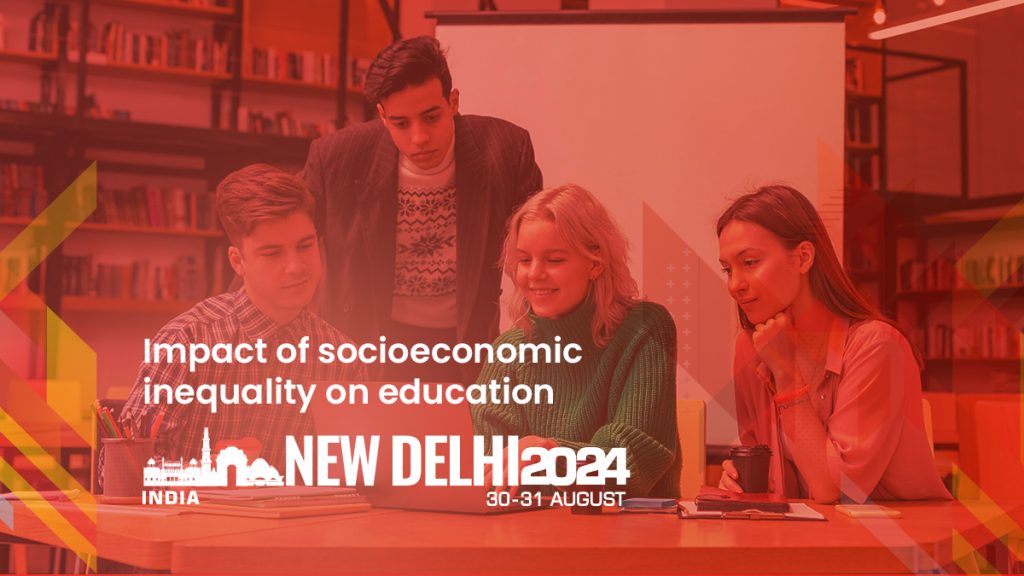The reality: Socioeconomic inequality in Indian education
Research has shown that the socioeconomic difference in the education sector across India has widened. Students belonging to low-income families and communities do not have access to quality education as compared with their privileged counterparts. There are several factors that come to light when we address this disparity. Some of the key factors are:
- Disparity in the distribution of resources: The quality of schools is a significant reason for unequal learning outcomes. Schools in affluent areas typically boast better infrastructure, top-notch teachers, facilities, a conducive learning environment, and access to cutting-edge technology. Whereas schools in unprivileged areas lack these resources.
- Teacher’s caliber: Teachers with high caliber tend to gravitate towards schools that have better resources, for which there is a shortage of qualified teachers in schools in low-income areas. This shortage of qualified teachers further widens the educational gap and hinders the academic progress of students from marginalized communities.
- Family background: Every child’s home is the first learning center. Their home environment, family background, and support play a crucial role in a child’s academic success. Children belonging to low-income families do not have access to educational tools such as computers, study rooms, books, etc.
The global context: Learning from international efforts
In the fight against socioeconomic gaps in education, India is not alone. Many other countries face similar challenges. But by looking at worldwide initiatives, we can learn important lessons:
- Finland’s equity-focused approach: Finland places a high priority on equity and is frequently placed highly in reports on global education. Their educational system ensures that, regardless of geography, all schools get the same resources. They also place a strong emphasis on individualized instruction and support services for those who most need them.
- Brazil’s affirmative action initiatives: This country has reserved seats for students from historically marginalized communities in higher education through the implementation of affirmative action regulations. The goal of this program is to improve representation and diversity in higher education.
- Singapore’s emphasis on early childhood education: Due to its recognition of the value of early intervention, Singapore makes significant investments in providing all children, regardless of socioeconomic status, with high-quality early childhood education. This creates a solid basis for continued academic performance.
Together at Eduverse Summit India 2024, we can take lessons from these international initiatives and discuss and come up with potential solutions to create a more equal education system.
What to expect at the Eduverse Summit India 2024
This education event in India will feature a diverse range of discussion formats to foster collaboration and ideation:
- Keynote speeches: Prominent leaders will introduce the Summit, offering a worldwide viewpoint on educational equity and laying out possible remedies.
- Panel discussions: Subject matter experts with a range of experiences will have insightful discussions on important issues pertaining to socioeconomic inequality in education.
- Interactive workshops: Through interactive workshops, participants will explore useful tactics and tools and have a deeper understanding of particular topics.
- Networking opportunities: During the Summit, participants can make significant connections with other stakeholders devoted to educational equity, meet with peers, and discuss ideas.
Join the movement: Be a part of the change
In this two-day education event in India, we can work together for a future of education that is not a privilege but a necessity, where quality education is accessible to all regardless of background.
Register yourself today for the Eduverse Summit India 2024 and be a part of the movement towards a more inclusive and prosperous India.






